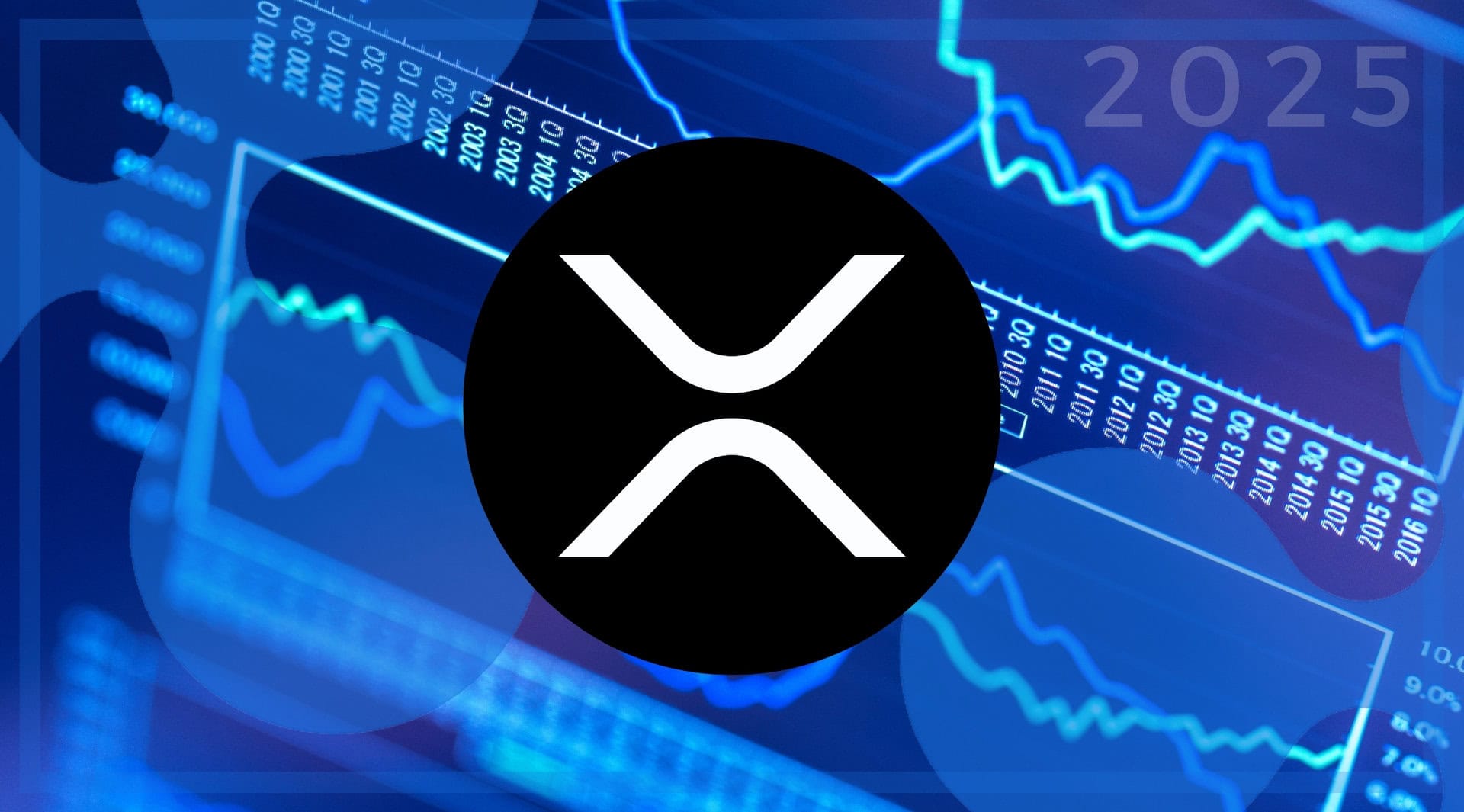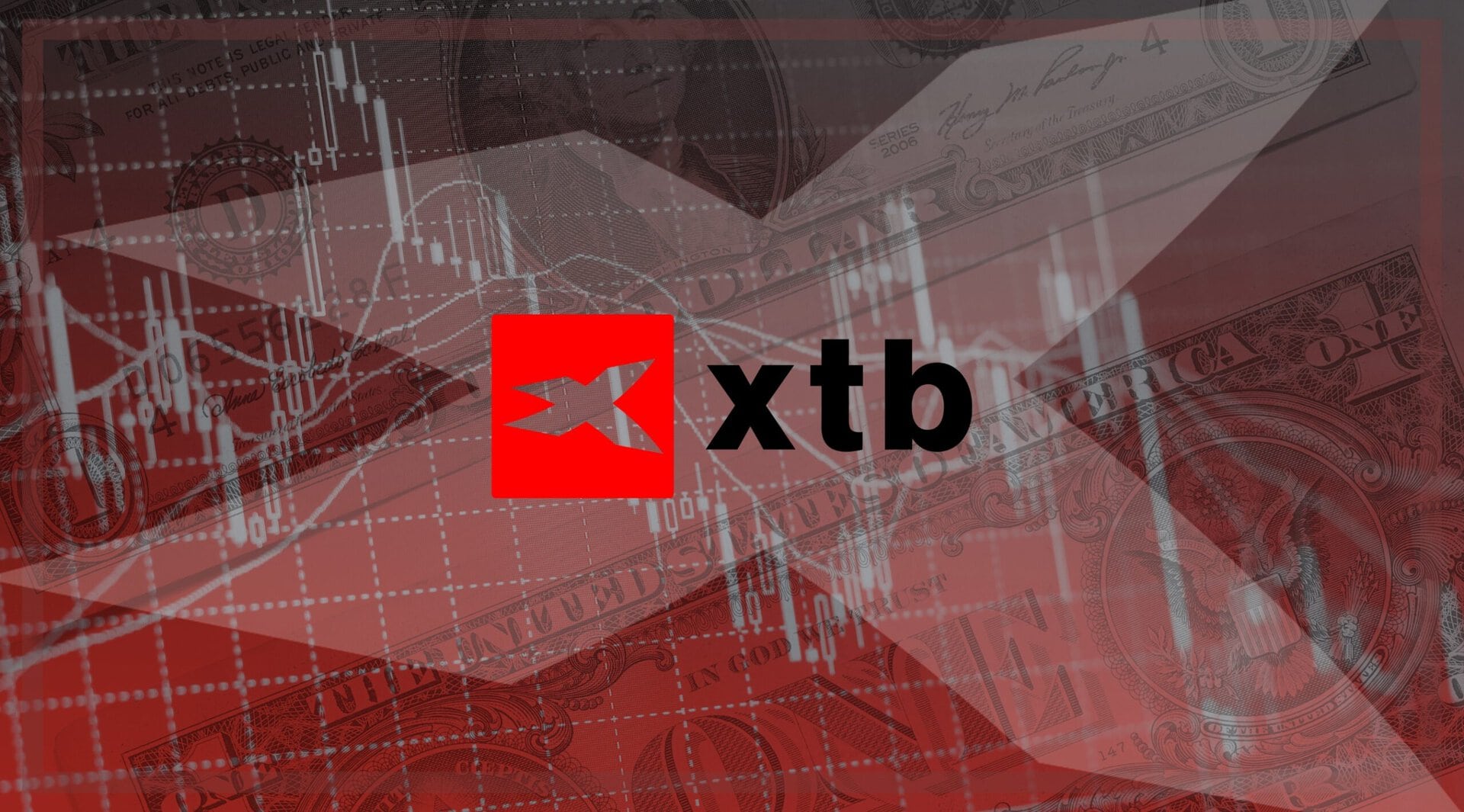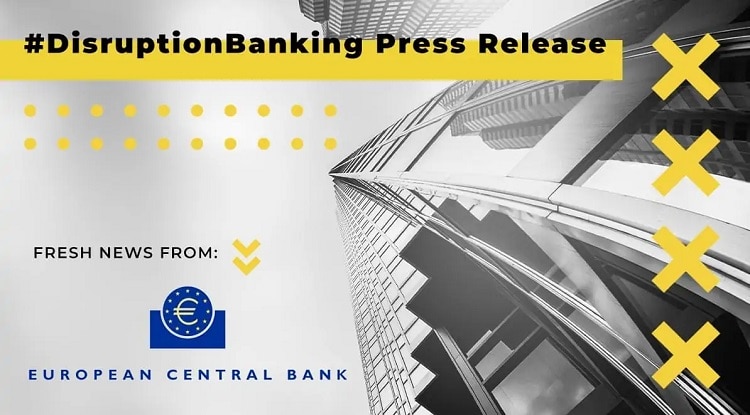Islamic finance, once mostly found in Muslim-majority countries, is now spreading its wings across the globe. Experts predict that by 2025, Islamic finance assets will reach nearly $5 trillion. This growth, clocking in at an impressive 10-12% annually over the past decade, is no small feat. It spans various sectors, including banking, capital markets, money markets, and insurance (takaful). But what’s really interesting is that non-Muslim-majority countries like the UK, South Africa, and even Luxembourg are jumping on board, drawn by the ethical principles and Sharia-compliant financial products Islamic finance offers.
According to @mambu_com, “Younger consumers are demanding financial change, and the Islamic finance market is no exception [….] Islamic banking trends mirror the demand for ethical banking practices more broadly."#IslamicFinance #EthicalBankinghttps://t.co/9bAp2xf8bo
— #DisruptionBanking (@DisruptionBank) August 3, 2021
A 2024 report hints that the Islamic finance market is expected to grow at a compound annual growth rate (CAGR) of greater than 10% during the forecast period from 2024 to 2029. One big reason for this expansion is that Islamic finance is based on ethical investing. Thus, this growth is attracting both Muslim and non-Muslim investors, drawn by the ethical investment principles and increasing global awareness of Islamic finance. It avoids interest (riba) and investments in industries considered harmful, like alcohol or gambling. These values are indeed gaining traction even beyond the Muslim world as more investors look for ways to put their money into things that align with their moral compass.
As Professor Rodney Wilson, a pioneer in Islamic finance research, says, “Islamic finance offers a transparent and socially responsible alternative that more people are looking for, especially as ethical investing becomes more popular.“
Islamic Finance Grows in Non-Muslim Majority Countries
Let’s take a closer look at the UK, a country leading the charge in adopting Islamic finance. London, in particular, has become a major hub for Islamic banking and finance. The UK government has even issued sovereign sukuk (Islamic bonds) multiple times, attracting a flood of international investments. In fact, back in 2014, the UK became the first non-Muslim country to issue sovereign Sukuk, marking a momentous milestone in Islamic finance. Since then, the UK has strengthened its position as a hub for Islamic finance, attracting substantial interest from global investors.
Islamic banking accounts for 6% of worldwide banking assets. There's definitely room for more growth here.
— ISLM (@Islamic_Coin) December 20, 2023
With a commanding presence of 68.2% in the Islamic Financial Services market, Islamic Banking is a testament to our commitment to Islamic values, blending financial prowess… pic.twitter.com/DneQmyqWlO
According to Stella Cox, Managing Director of DDCAP Group, “London’s role as a global financial center has been pivotal in the growth of Islamic finance. The city’s infrastructure and regulatory environment are conducive to Sharia-compliant financial activities.”
South Africa is also catching up with Islamic finance, with banks like Absa now offering Sharia-compliant financial products that cater to both Muslims and non-Muslims. “The demand for Islamic finance in South Africa is growing, driven by both the Muslim community and ethical investors,” says Ebrahim Patel, CEO of Oasis Group Holdings.
Luxembourg was the first Eurozone country to issue Sukuk in September 2014, with a value of €200 million and a tenure of five years. This issuance was facilitated by legislation passed on July 2, 2014, enabling the rental and sale of three administrative buildings to underpin the Islamic bond. This positioned Luxembourg as a notable contributor in facilitating cross-border Islamic financial transactions within the Eurozone. This global spread again speaks to the dynamic nature of the industry and its ability to appeal to a varied class of investors, regardless of location or faith.
Wondered why Fintech was rapidly expanding in the Gulf Cooperation Council (GCC) region?
— #DisruptionBanking (@DisruptionBank) May 24, 2021
Shariah-compliant Banking is based on the highest ethical and moral standards. It is the essence of traditional banking values. https://t.co/j0VhSKezEO
These countries are not alone in seeing the benefits of Sharia-compliant finance. As of 2023, the total value of Sharia-compliant financial assets was estimated at around $2 trillion. These assets are projected to grow significantly, reaching more than twice and a half in trillions of its 2023 value by 2026. The demand is clearly there, and the opportunities are growing.
Drivers of Growth and Drawbacks
One of the main drivers of this growth is the ethical investment principles that Islamic finance is known for. These principles sit well with a wide audience, not just Muslims. “Islamic finance’s emphasis on ethical and socially responsible investing is attracting a diverse group of investors,” notes Dr. Aishath Muneeza, an expert in Islamic finance.
Delivering the keynote address at the ongoing TAS Themar Islamic Banking Conference and Excellence Awards 2024, Haitham Al Salmi, CEO of Muscat Stock Exchange, stated: “Assets of Islamic banking institutions increased by 8.7%, with Islamic banking institutions accounting for… pic.twitter.com/tYZC5eb51L
— The Arabian Stories (@arabian_stories) September 30, 2024
Government initiatives and support have also played an important role. The UK government’s issuance of Sukuk has set a precedent for other non-Muslim-majority countries to follow. In 2022, the global Islamic finance industry saw a 9.4% increase in assets, largely driven by growth in banking assets and the Sukuk market. Although this was slightly lower than the 12.2% growth seen in 2021, it still reflects the sector’s robust expansion.
Recent regulatory changes are equally helping shape the future of Islamic finance. The Islamic Financial Services Board (IFSB) adopted two important new standards: IFSB-23 and IFSB-26. IFSB-23, the Revised Capital Adequacy Standard for Institutions offering Islamic Financial Services (IIFS) in the banking segment, and IFSB-26, the Core Principles for Islamic Finance Regulation (Financial Market Infrastructures), were both adopted on December 9, 2021, during the 39th Meeting of the IFSB Council held in Abu Dhabi.
Despite this promising growth, Islamic finance still faces some hurdles in non-Muslim-majority countries. One of the biggest challenges being the lack of specific regulations tailored to Islamic finance. Without clear legal frameworks, financial institutions can run into all sorts of legal and operational issues. For instance, Sharia principles, such as the prohibition of interest, don’t always align with conventional banking regulations. This makes it tricky for Islamic financial institutions to operate smoothly.
“The lack of a standardized regulatory framework is a significant barrier to the growth of Islamic finance,” explains Dr. Mohamad Akram Laldin, Executive Director of ISRA. This is a common concern in both Muslim-majority and non-Muslim-majority countries alike.
There’s also the matter of awareness—or lack thereof. Many regulators and consumers in non-Muslim countries have little understanding of Islamic finance principles. According to a report from Fitch Ratings in 2023, public awareness and understanding of Islamic finance remains a critical challenge for the industry’s growth, particularly in non-Muslim regions, the major barriers being limited knowledge and lack of sharia sensitivity. Equally, S&P Global has cited the challenges of awareness in non-core markets and how countries like Indonesia have lower penetration of Islamic finance.
Dr. Natalie Schoon, Principal Consultant at Formabb, stresses that “Education and awareness are key to overcoming misconceptions about Islamic finance.“
Industry experts agree that awareness initiatives are critical to overcoming this. “We need to educate consumers, not just about the basics of Islamic finance, but about its benefits—how it aligns with sustainable and ethical investing,” adds Samira Abbasi, an Islamic finance expert.
Fintech and Blockchain in Islamic Finance
As with many industries, Islamic finance is evolving with the rise of technology. Fintech and blockchain are particularly noteworthy trends changing the fate and future of the sector. Blockchain technology has the inherent potential to shift in a big way Islamic finance by bettering transparency and reducing uncertainty (gharar) in transactions, which aligns with Sharia principles.
#Bitcoin's Acceptance in the Muslim Community,
— MDB (@MDBitcoin) December 28, 2023
The Muslim community's stance on Bitcoin has been a subject of dynamic discussions, with increasing signs of positive acceptance.
This shift reflects a deeper understanding of Bitcoin's unique properties and its alignment with… pic.twitter.com/N8yv2cpt6A
Digital banking platforms are also making it easier for people to access Sharia-compliant financial services. Platforms like Ethis, an Islamic crowdfunding site, are offering ethical investment opportunities to a global audience. This integration of fintech is expected to play a critical role in helping Islamic finance reach a broader market, particularly in regions where traditional banking services may not be as readily accessible.
Alhamdulilah! We recently received our second Best Islamic Crowdfunding Platform Award at the 12th Global Islamic Finance Awards (GIFA). Our latest accomplishment takes us to new heights of excellence, particularly in global Islamic crowdfunding and Islamic fintech. pic.twitter.com/1L3hYfq9rW
— Ethis.co (@EthisCrowd) September 16, 2022
“Blockchain technology is becoming increasingly popular in the finance industry because of its ability to improve transaction efficiency, transparency, and security,” says Umar Munshi, Co-Founder of Ethis Group.
To fully unlock the potential of Islamic finance in non-Muslim-majority countries, education is critical. There’s a real need for consumers, regulators, and financial institutions to better understand Islamic finance. Industry collaborations are playing a big role in addressing this. For example, the UK Islamic Finance Council has been working with global partners to promote Islamic finance education through workshops and certification programs.
The majority of “Islamic education,” as practiced today, is fundamentally based on a secular perspective of education.
— Ummatics (@ummatics) June 21, 2024
Islamic education is often reduced to the narrow understanding of Sharia, excluding sciences, social sciences, and other specializations, leaving their content… pic.twitter.com/tT0rs9FD6Z
But it’s not just consumers who need educating. Regulators also need to understand how to support the growth of Islamic finance through legal frameworks. Mohammed Amin, former head of Islamic finance at PwC, highlights that “It’s not just about offering Sharia-compliant products. We need to make sure the legal systems can support these products and allow them to thrive.”
Future Outlook and Growth Projections
The future of Islamic finance looks promising, especially with ongoing educational initiatives and industry collaborations. These efforts are vital for raising awareness and understanding of Islamic finance principles. “Collaborations between industry players and educational institutions are vital for the sustainable growth of Islamic finance,” notes Professor Habib Ahmed, Chair in Islamic Law and Finance at Durham University.
On the horizon, Islamic finance is on track to keep growing, especially in non-Muslim-majority countries. As ethical and inclusive investing becomes more popular, Islamic finance could play a monumental role in shaping the global financial landscape.
As H.E. Dr. Zeti Akhtar Aziz, Former Governor, of Bank Negara Malaysia, points out in her keynote speech at the 14th IFSB Summit 2019 – Islamic Finance for Sustainable Development in the Era of Technological Innovations, “As we move into a transformed and more uncertain global environment, it will be even more important for Islamic finance to keep pace with global trends and be well-positioned to respond to the changing demands. Islamic financial institutions […] remain relevant in this fast-changing domestic and international environment.”
#IslamicFinance is unlocking opportunities and fostering financial inclusion for all.
— ISLM (@Islamic_Coin) July 25, 2023
This Nasdaq's must-read explores its unique principles, ethical practices, and potential for global impact beyond religious boundaries ⤵️https://t.co/xHpkJZU8S3
In 2021, Islamic financial institutions worldwide reported a dramatic increase in net income, from $10.5 billion in 2020 to $32 billion. This surge reinforces both the profitability and resilience of the sector, even in the face of global economic upheavals. But, in all, Islamic finance’s ethical foundations are striking a chord with investors everywhere, and this trend doesn’t seem to be slowing down anytime soon.
Author: Richardson Chinonyerem
#IslamicFinance #ShariahCompliant #Sukuk















